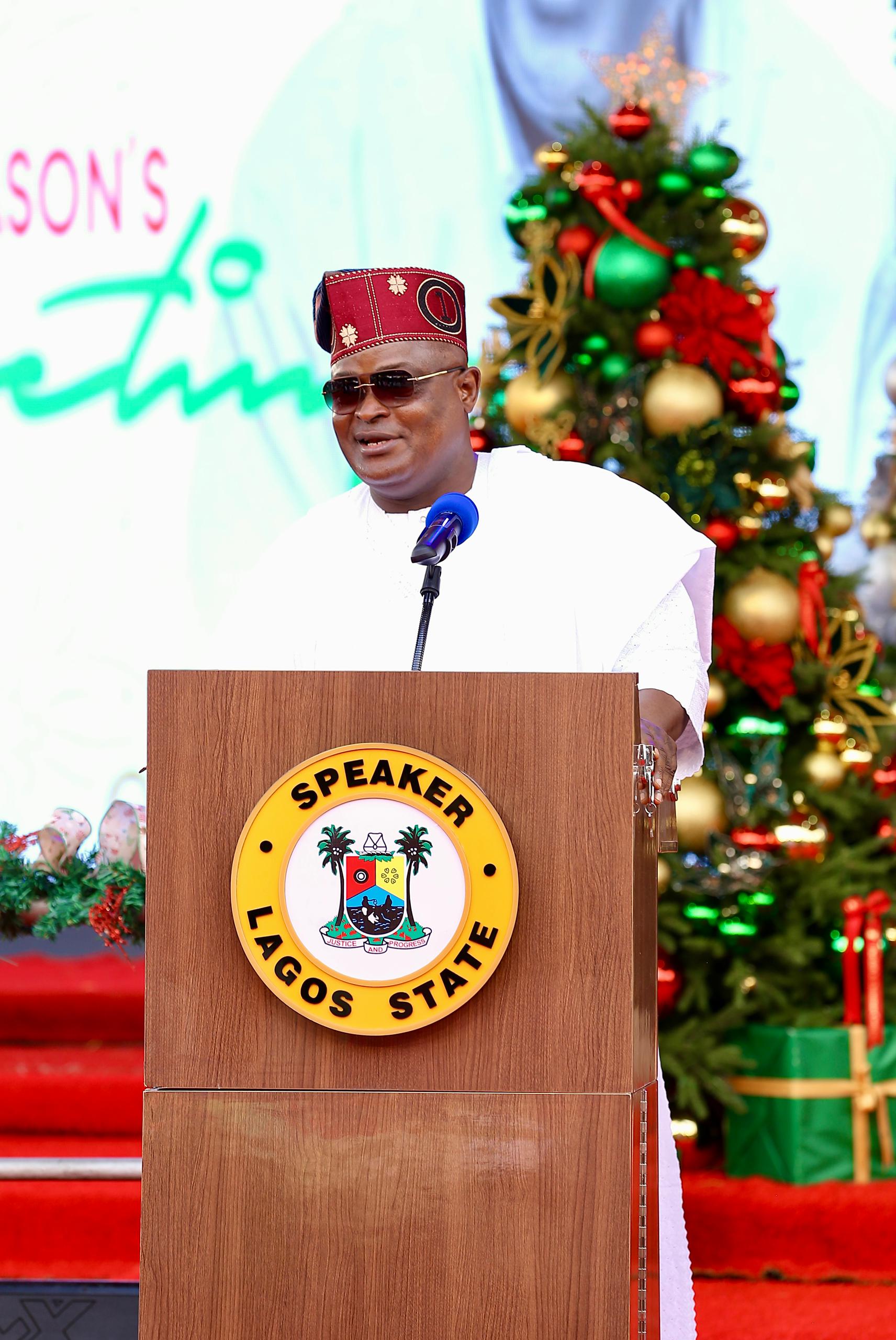The US Embassy in Nigeria has advised citizens to avoid non-official visits to military and government sites in Abuja due to rising security concerns
[dropcap]T[/dropcap]he United States Mission in Nigeria has issued a fresh security alert, urging American citizens to avoid unnecessary travel to military and government facilities within Abuja.
Also read: Nigerians condemn US military contractor’s advocacy for Africa’s recolonisation
The advisory, dated June 22, 2025, was published on the official embassy website and is attributed to heightened global security concerns.
“All U.S. Embassy employees and their families are prohibited from non-official travel to Nigerian military sites or government venues in Abuja at this time,” the notice stated.
The embassy did not disclose specific threats, but the precautionary measure suggests a potential security risk, particularly in locations where Western nationals and government officials are likely to congregate.
Citizens were urged to remain alert in public spaces, especially in venues commonly frequented by expatriates, diplomats, and government personnel.
Stay alert in public places, with particular attention to locations frequented by Westerners and government officials.
The advisory also encouraged Americans to avoid large gatherings, refrain from predictable routines, and always be aware of emergency exits when entering public or government buildings.
“Review your personal security plans,” the embassy advised, stressing the need for heightened vigilance amid the uncertain climate.
Despite the travel restrictions, the US Consular Sections in both Abuja and Lagos remain operational and open to the public.
The alert comes against the backdrop of recent regional tensions and a wave of global diplomatic caution, reflecting the broader strategy of US missions worldwide to protect their nationals from potential threats in volatile zones.
Also read: Nigerian navy 69th anniversary showcases commitment to Nigeria maritime security
While no specific incident has been cited in connection with the restriction, observers say it underscores the importance of proactive risk management by foreign missions in Nigeria’s capital city.
























